Heroines are the life’s blood of the romance novel. Even though I hear time and time again “I read romances only for the heroes,” the heroines of romances are just as, if not more critical to drawing the reader into the book.
If a heroine is unlikable early on in the novel, chances are the reader isn’t going to enjoy the book and may simply put the book down and refuse to read more. One friend recently said that she’d been reading a first book in the series but didn’t think she’d go on to the second one. When asked why, she stated that the heroine of the second book was to be the sister of book one’s heroine and she was such an unlikable character she didn’t want to read her story.
I personally believe that we have sort of a double standard where unlikablilty is concerned. I’ve found—at least with myself—that I’m more forgiving with unlikable heroes. I’ll read much further in a book, pulling for the hero to redeem himself, than if it’s the heroine I don’t care for. My biggest case in point is Claire in the Outlander series. I’m still reading the series (about at book 4 now) even though I still don’t like Claire. But if I have to put up with her to have Jamie Fraser, then so be it. 🙂
So yes, we feel very strongly about our heroines, for bad or for good.
Then what makes a good heroine? In her article “Three Characteristics a Heroine Should and Should Not Have,” Jeffe Kennedy states that the most important characteristics a heroine should have are to be believable, be relatable, and be admirable. These are certainly “must haves” for today’s heroine. My personal opinion (again) is that our heroines have changed (at least in the historicals I’ve read) to reflect the changing times and our changing sensibilities about these three characteristics.
To be believable, relatable, and admirable today, heroines in historicals must have a bit more spunk that would usually be found in women of the period. (This may also be true in contemporaries, but I don’t read very many of those so I can’t vouch for them.) I teach my classes in theatre that theatre holds a mirror up to society. If you want to see what people thought during the time period, look at what they put on stage. I think the same is true, recently, of romance novels. Because of the feminist movement of the 1970s that convinced women that they were just as capable as men in every arena, women today have grown up with that sensibility.
 Readers today want to see a resilient heroine who can meet every challenge without waiting for a man to rescue her. (Not that she can’t be rescued by him, but if she can do it one her own, she will.) These heroines are sympathetic and very entertaining—I wrote one myself in Only Scandal Will Do—but are they a reflection of today’s woman or the woman of the period?
Readers today want to see a resilient heroine who can meet every challenge without waiting for a man to rescue her. (Not that she can’t be rescued by him, but if she can do it one her own, she will.) These heroines are sympathetic and very entertaining—I wrote one myself in Only Scandal Will Do—but are they a reflection of today’s woman or the woman of the period?
Remember, our heroine has to be believable. How man women throughout history knew how to fight with sword and pistol? Could drive a carriage? Was adept at piloting her own ship? Was head of a spy ring? There may have been some, but I suspect they were a small minority throughout history. If we hold these activities up to the industry standard—Miss Elizabeth Bennett—she falls short on each one. Yet she is one of the most beloved heroines of all time who is believable, relatable, and admirable.
I remember refusing to read the end of an historical series because all the wives of one particular group of men were extraordinary by the standards of the day. I mean, you’d expect one or two to have unusual attributes, but eight? That stretched my willing suspension of disbelief. These heroines were admirable and relatable, but sadly not believable to me.
Historical romance authors walk a fine line today with regards to their heroines. They have to find ways to make these women appeal to their audiences, while still holding true to the period. One way to do this is to research your time period—be it Regency, Georgian, Medieval, or Victorian—and find those stories of true heroines and how they managed to win their men and overcome their obstacles. Then use these ideas to create a likeable heroine who is true to herself and her niche in time.



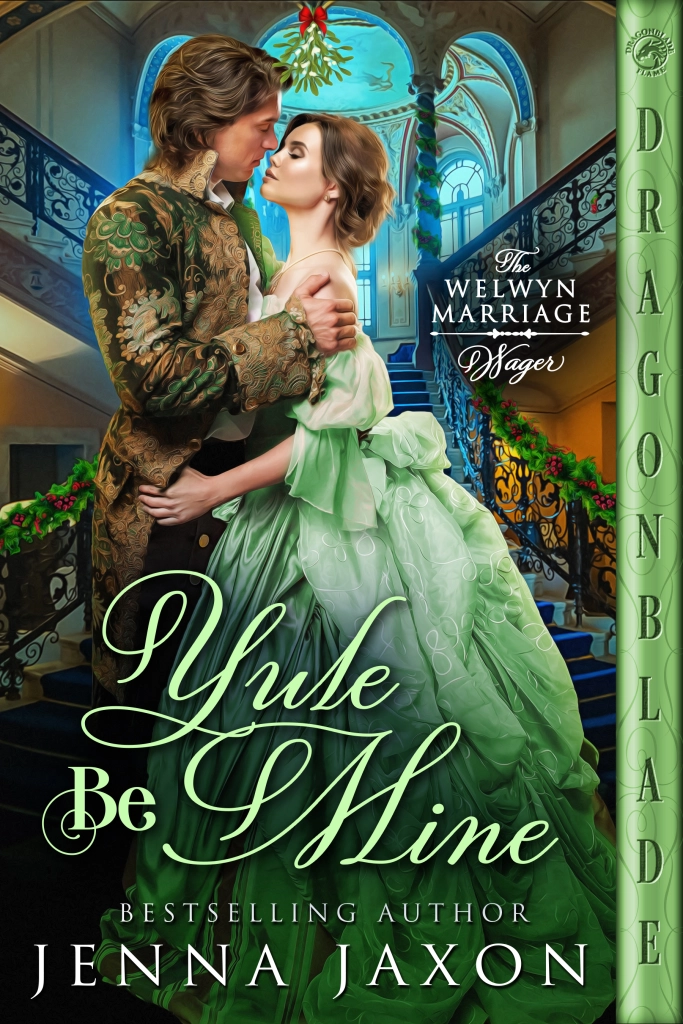
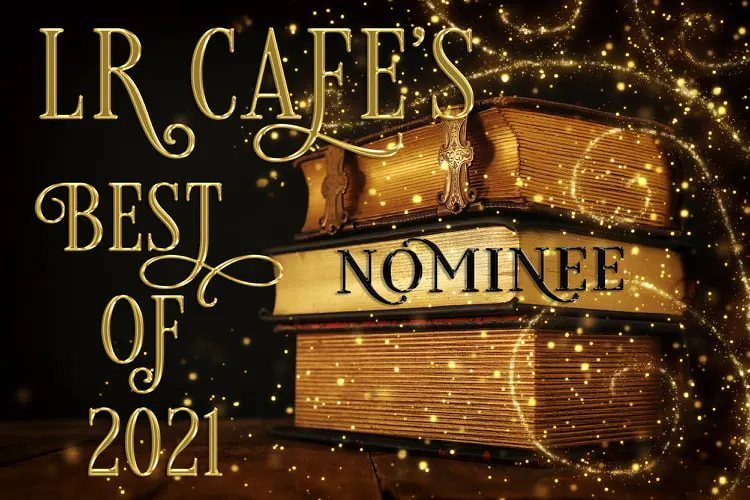


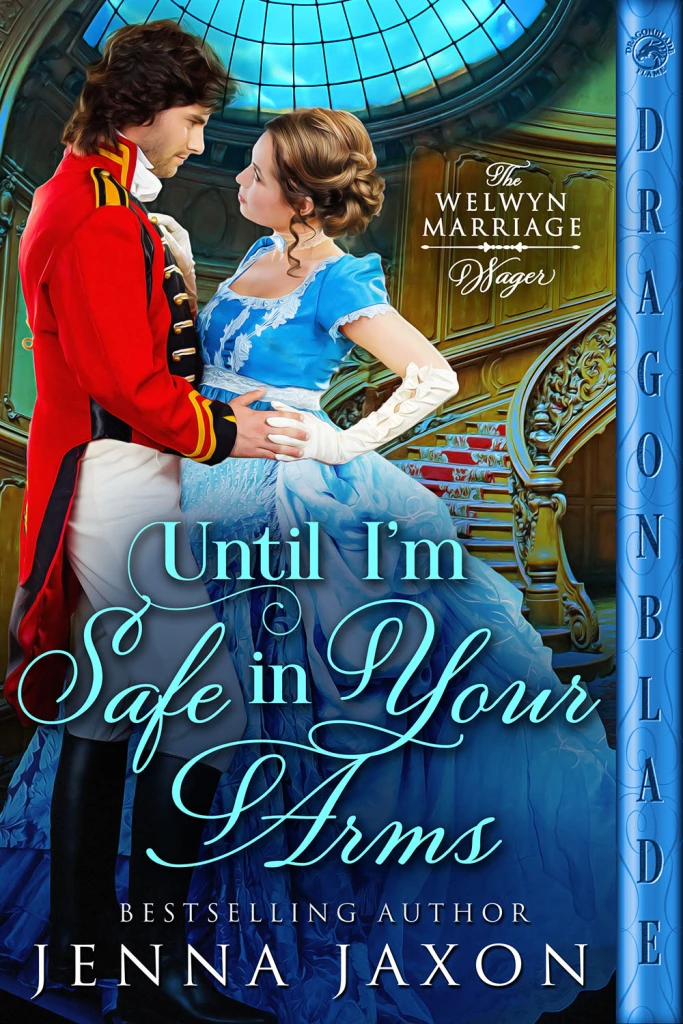
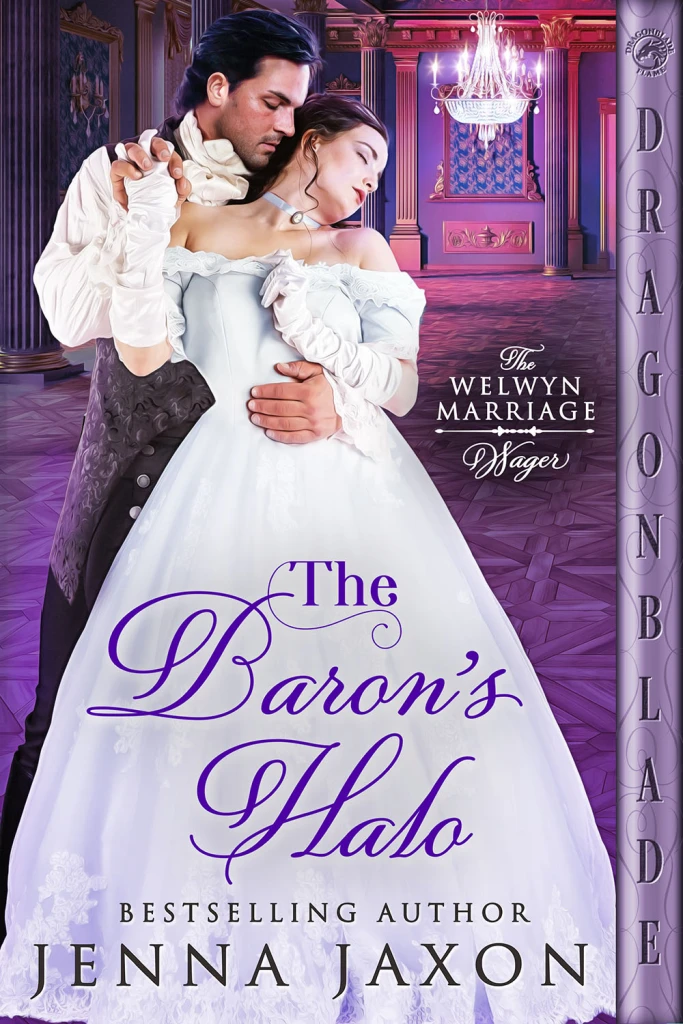
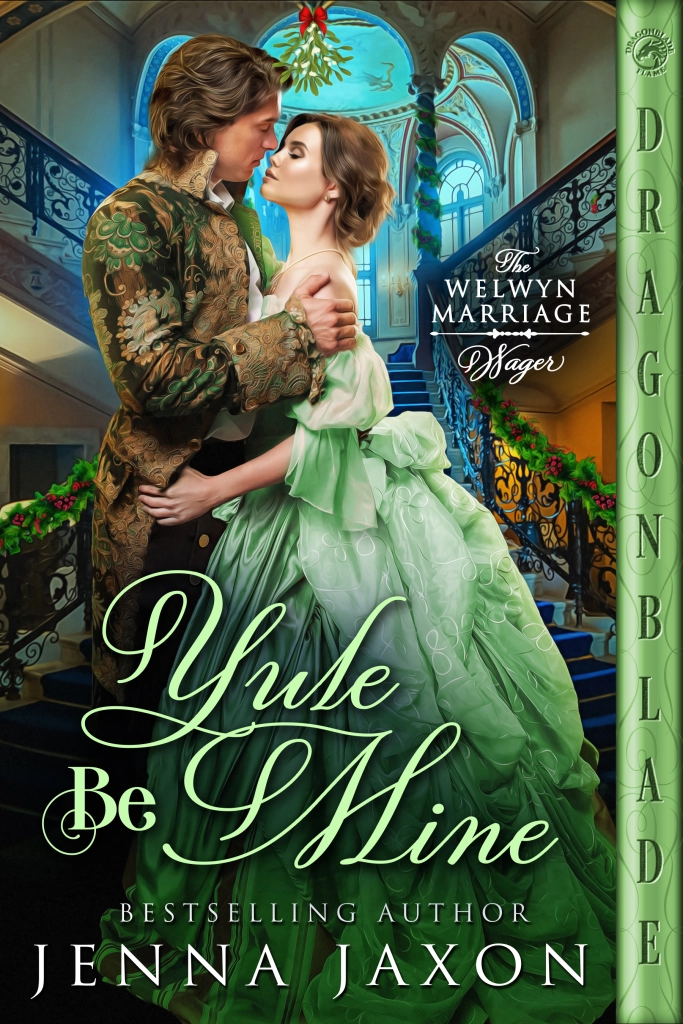
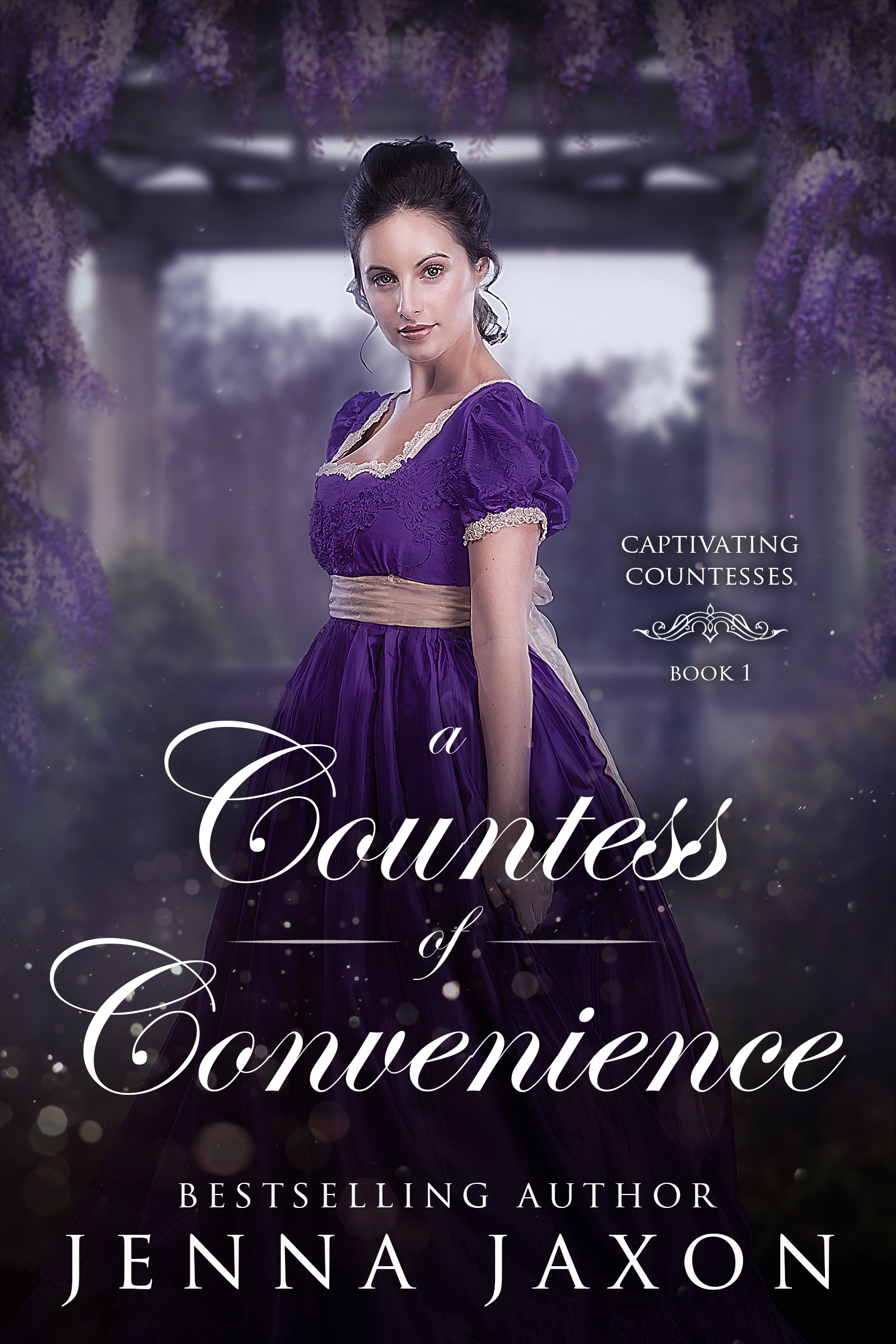
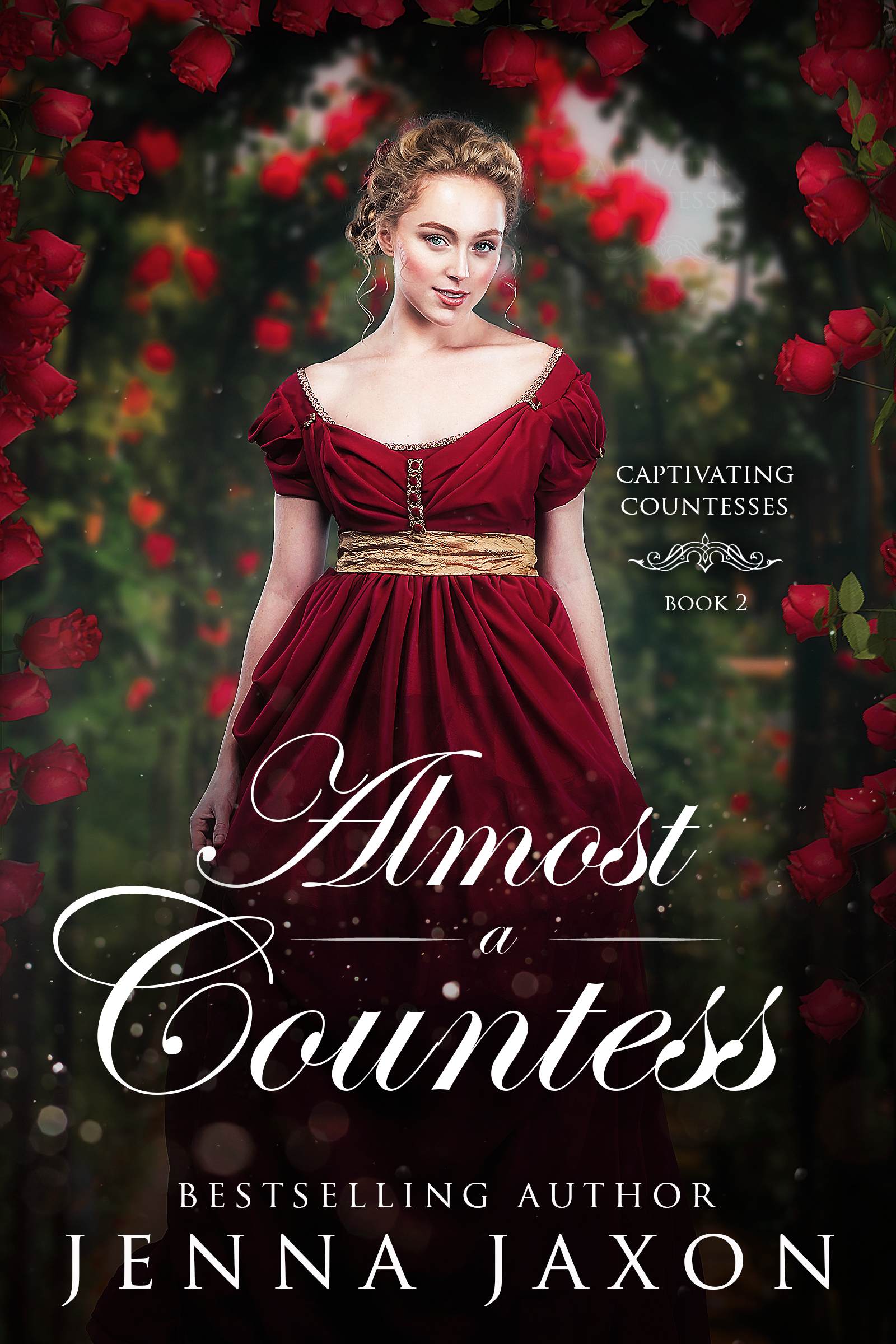
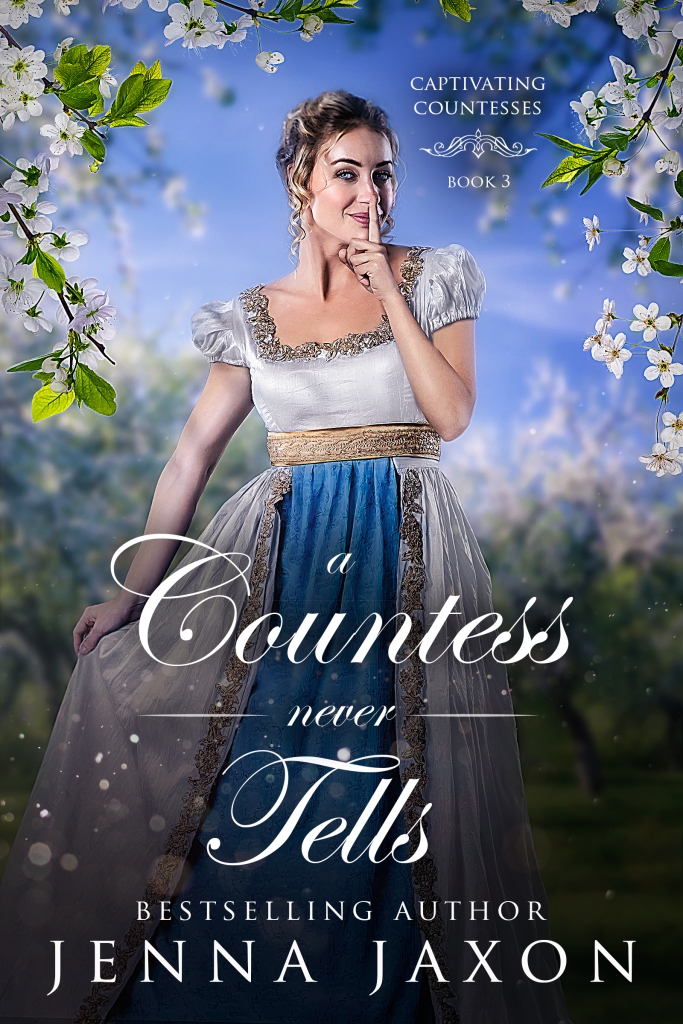
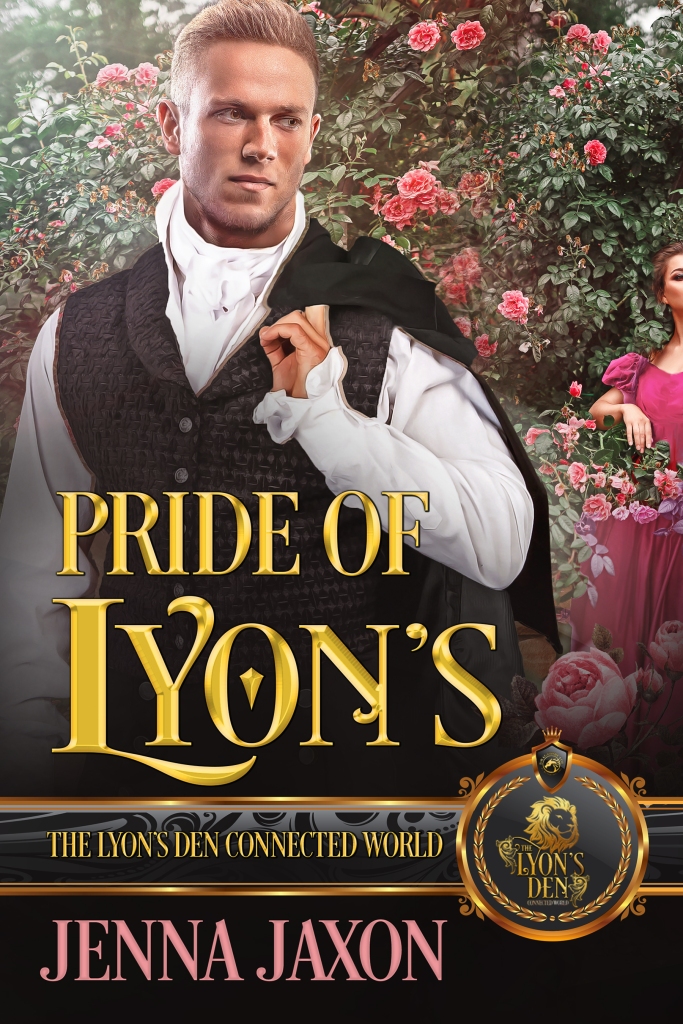
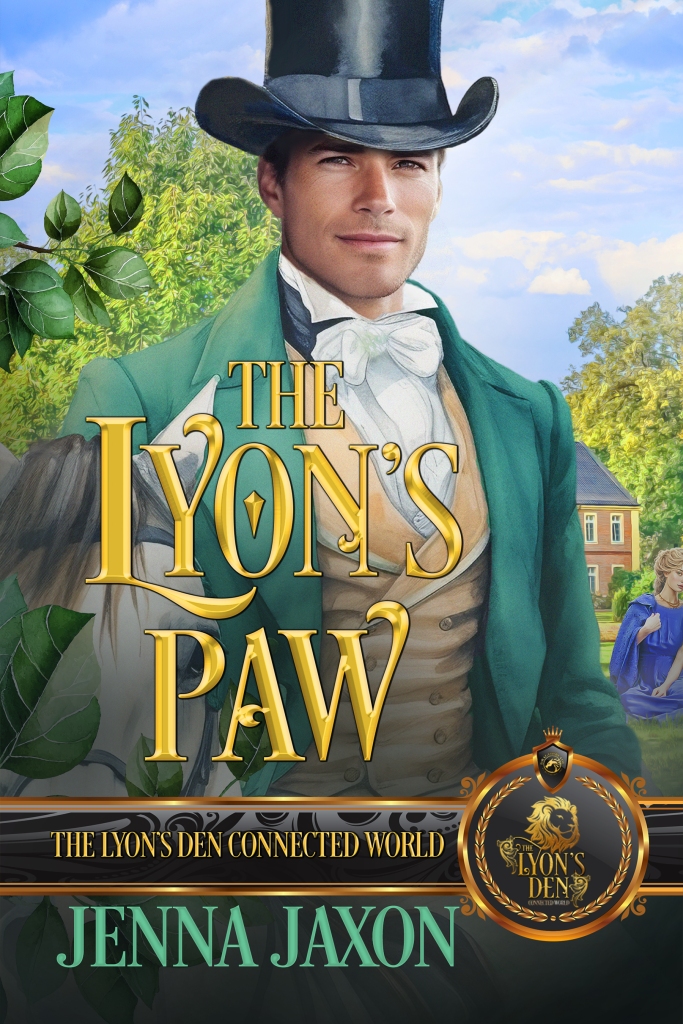
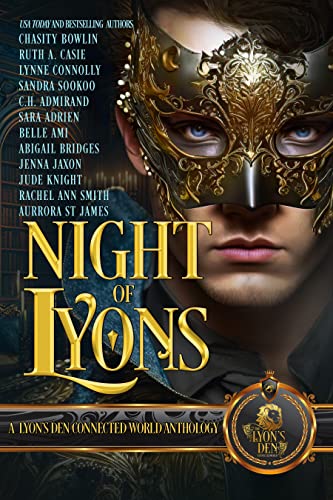
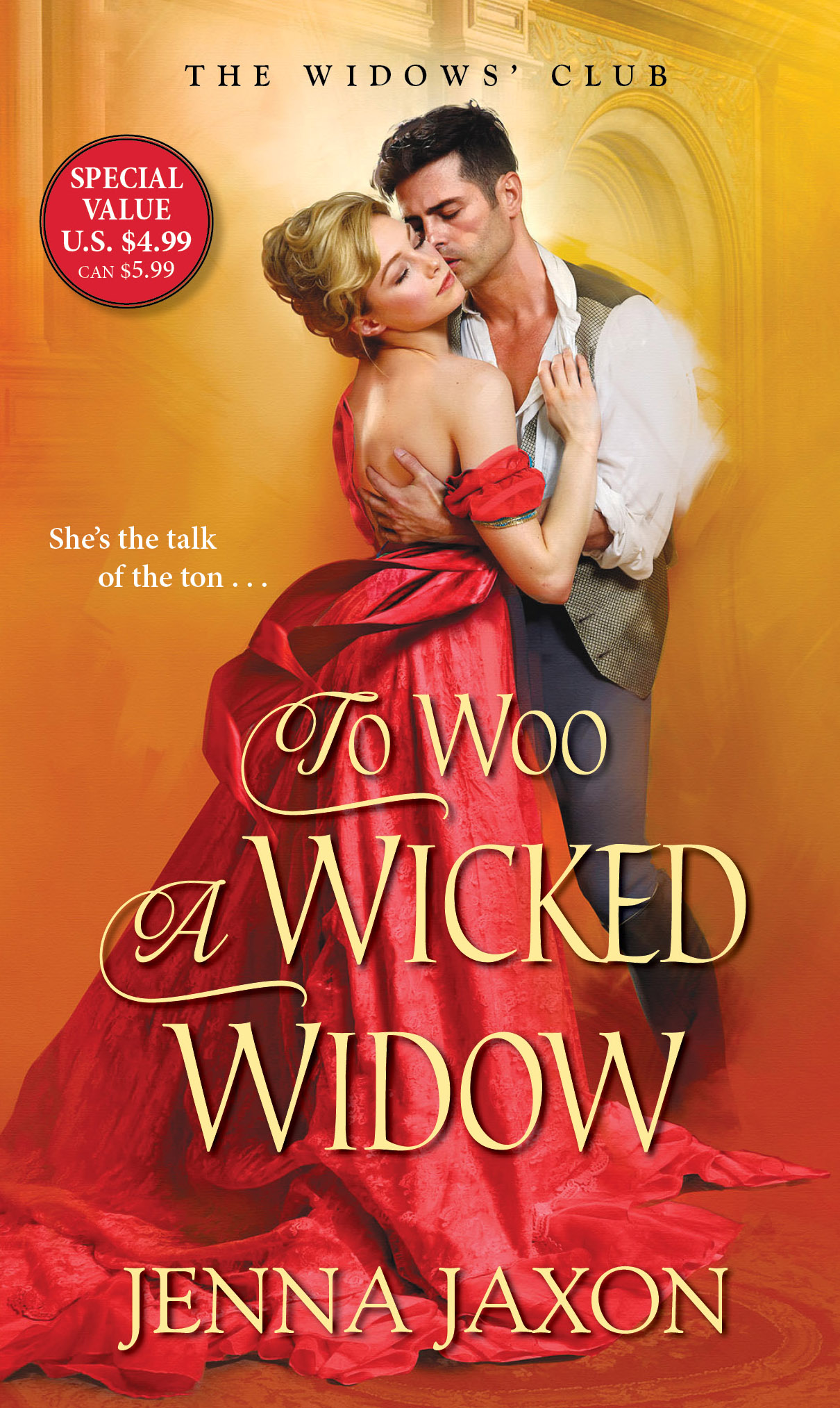
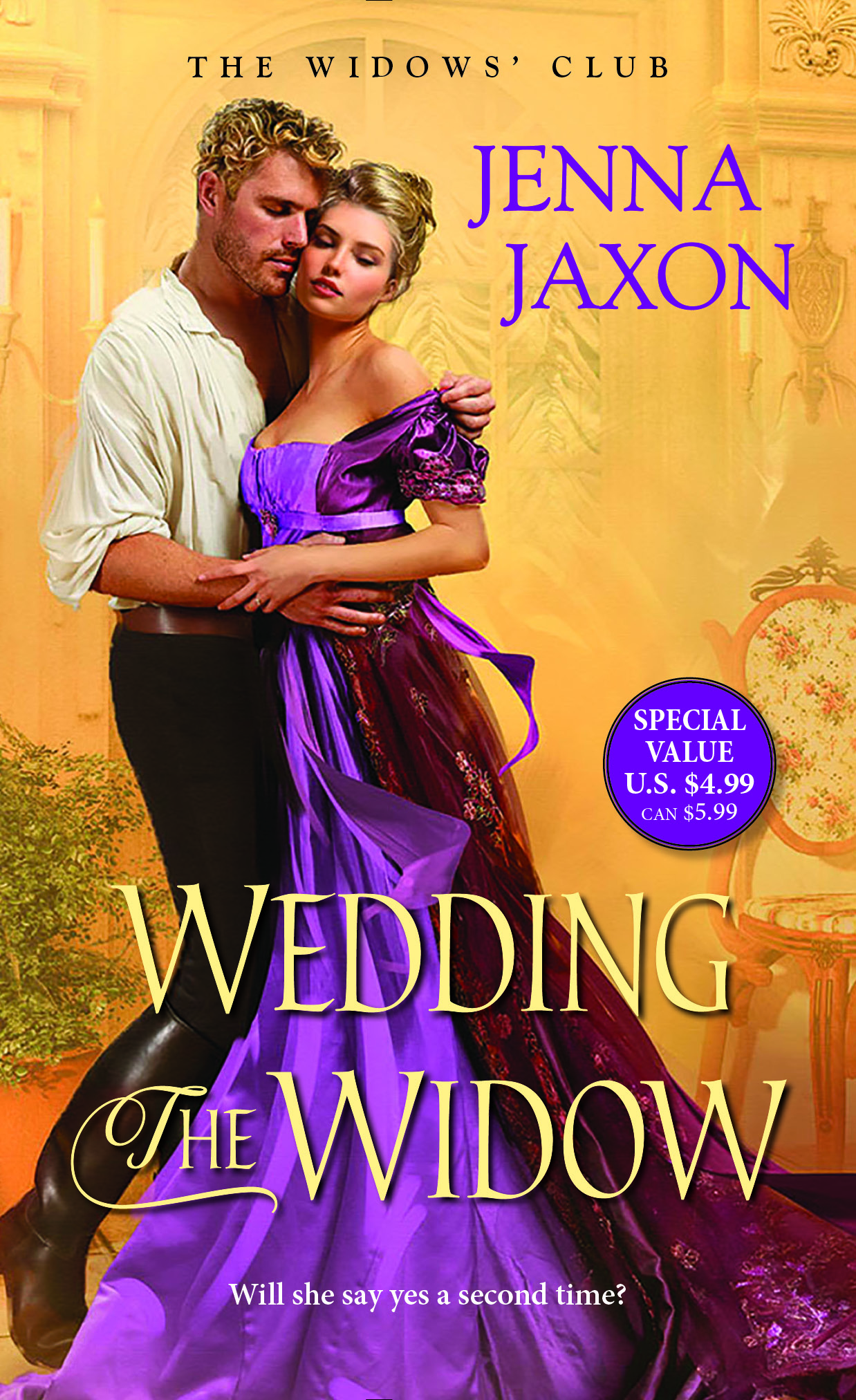
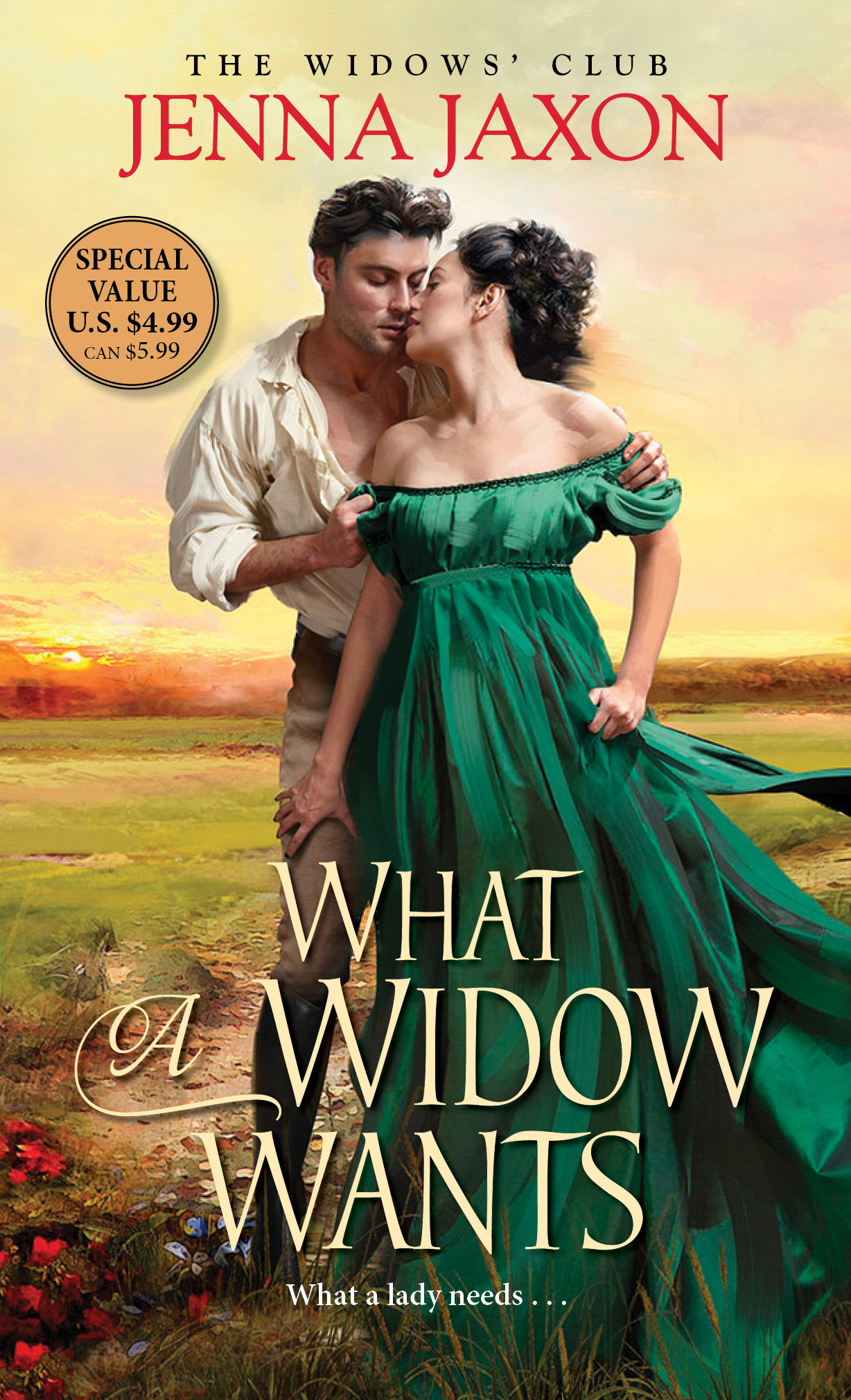
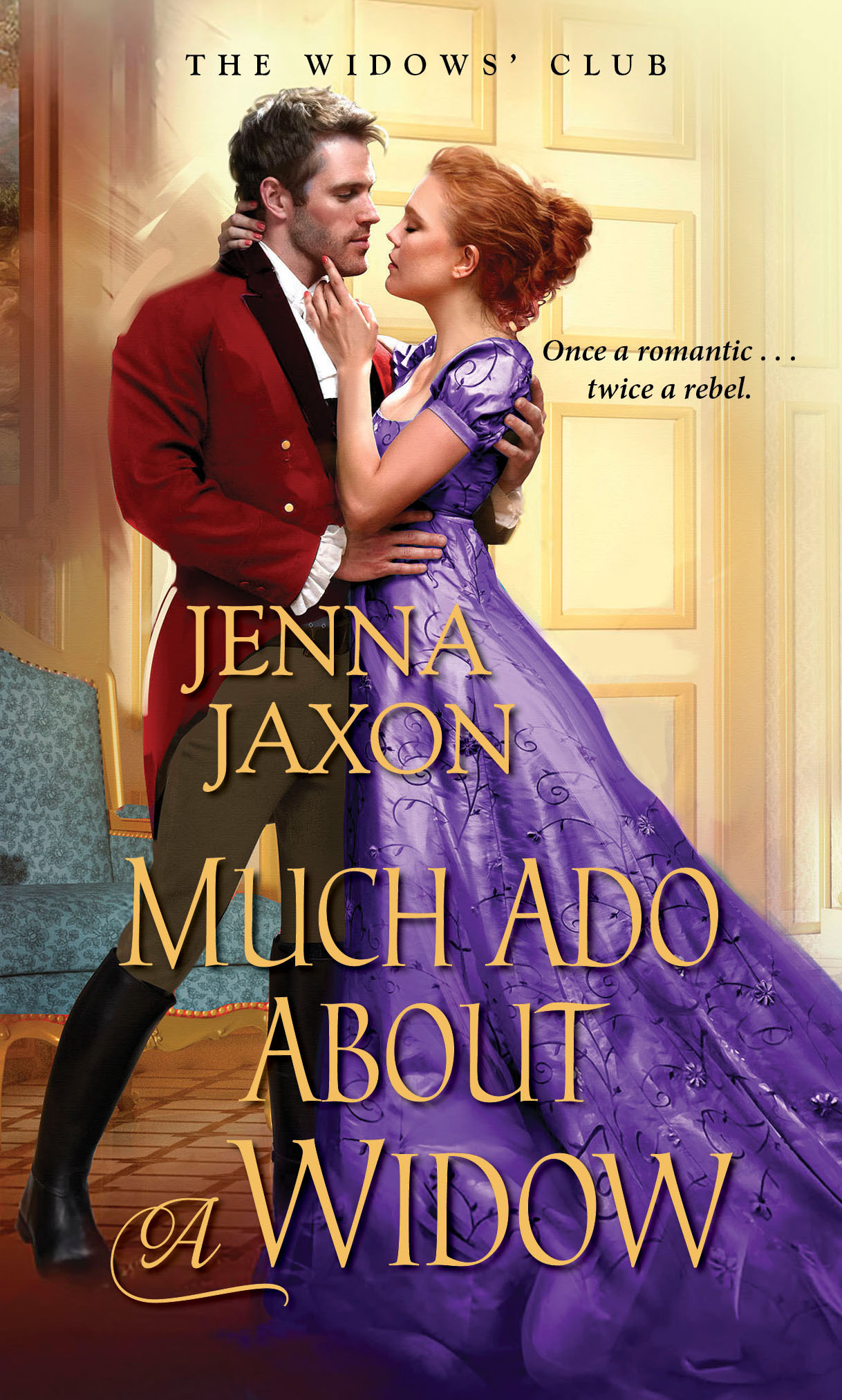
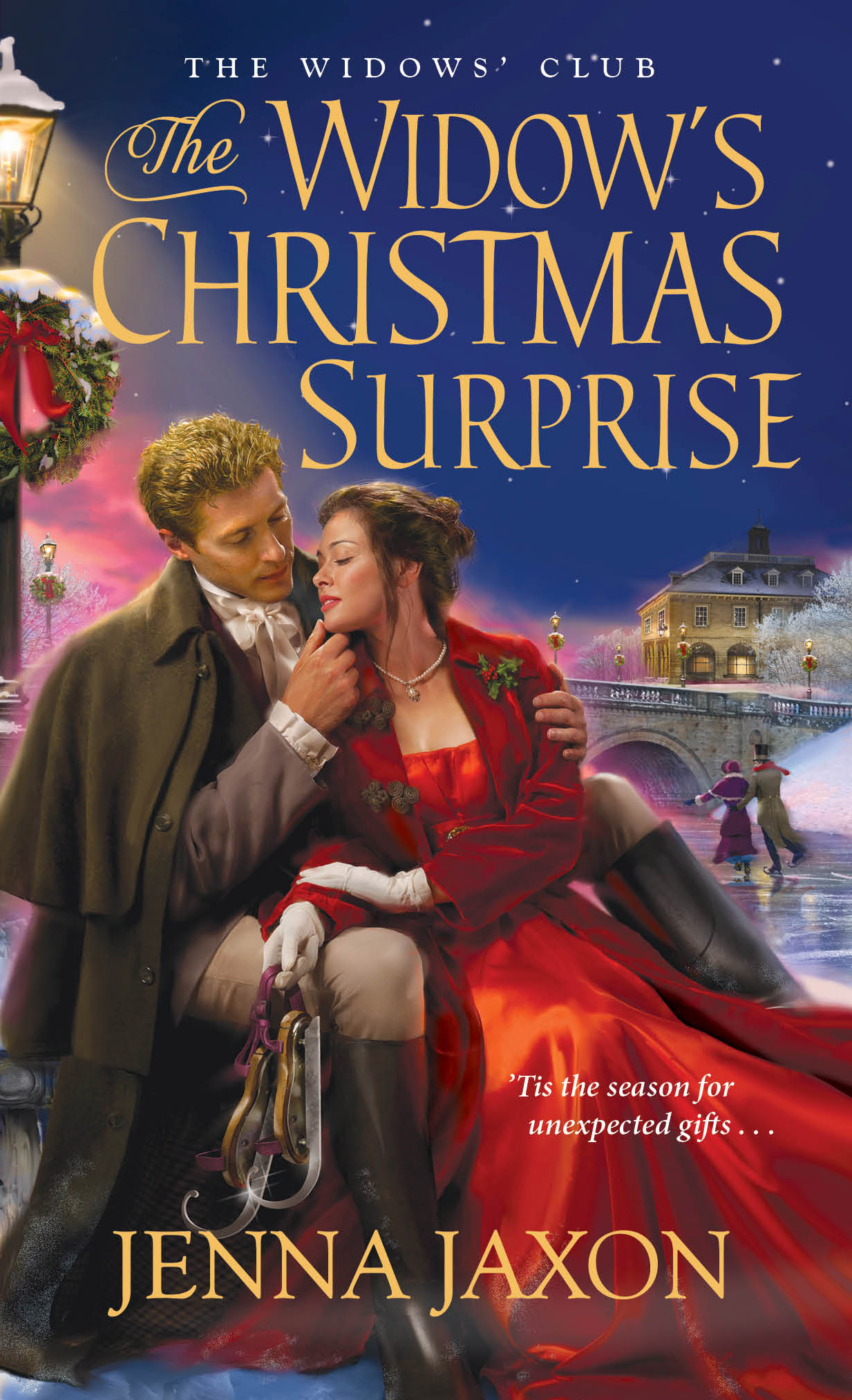
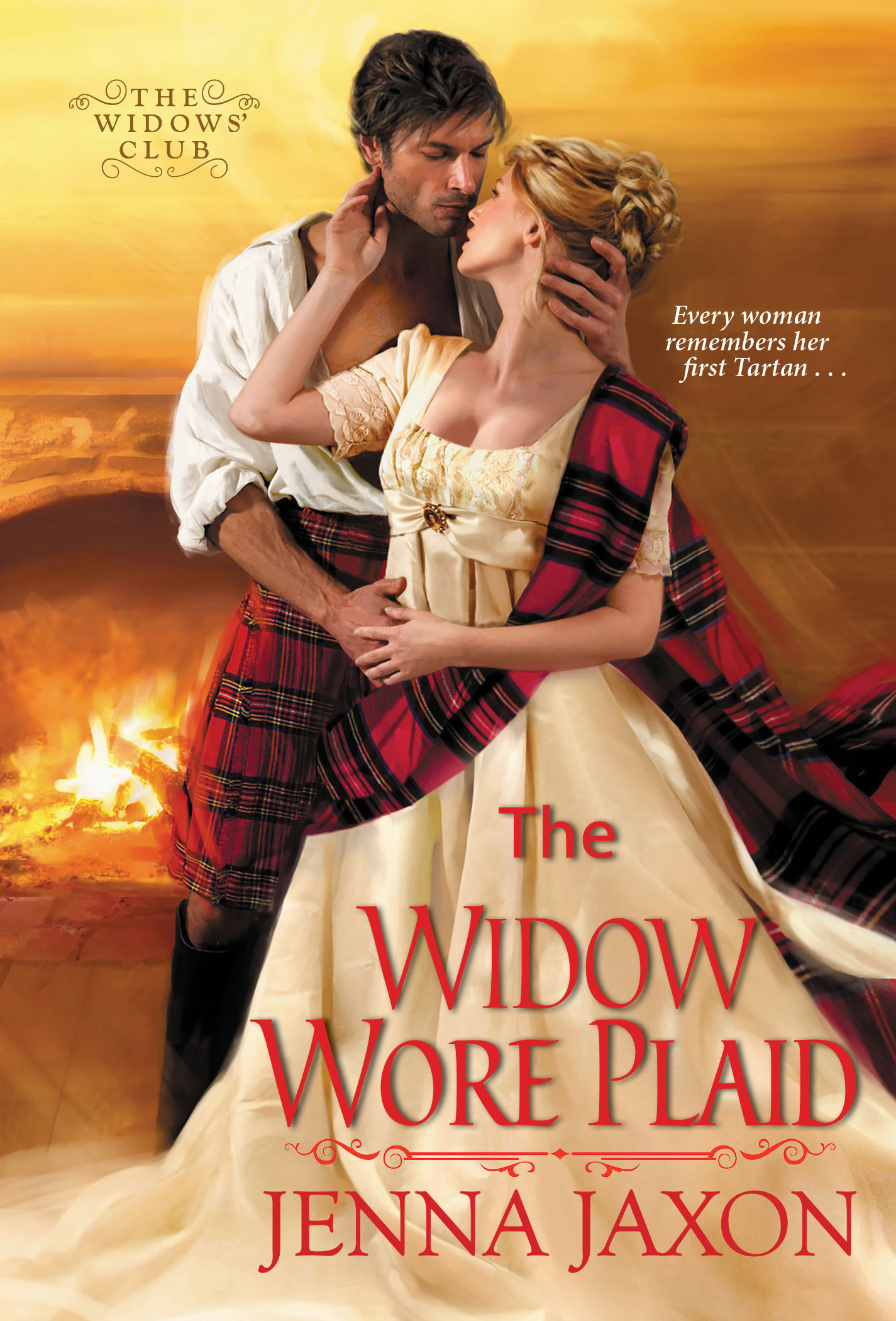
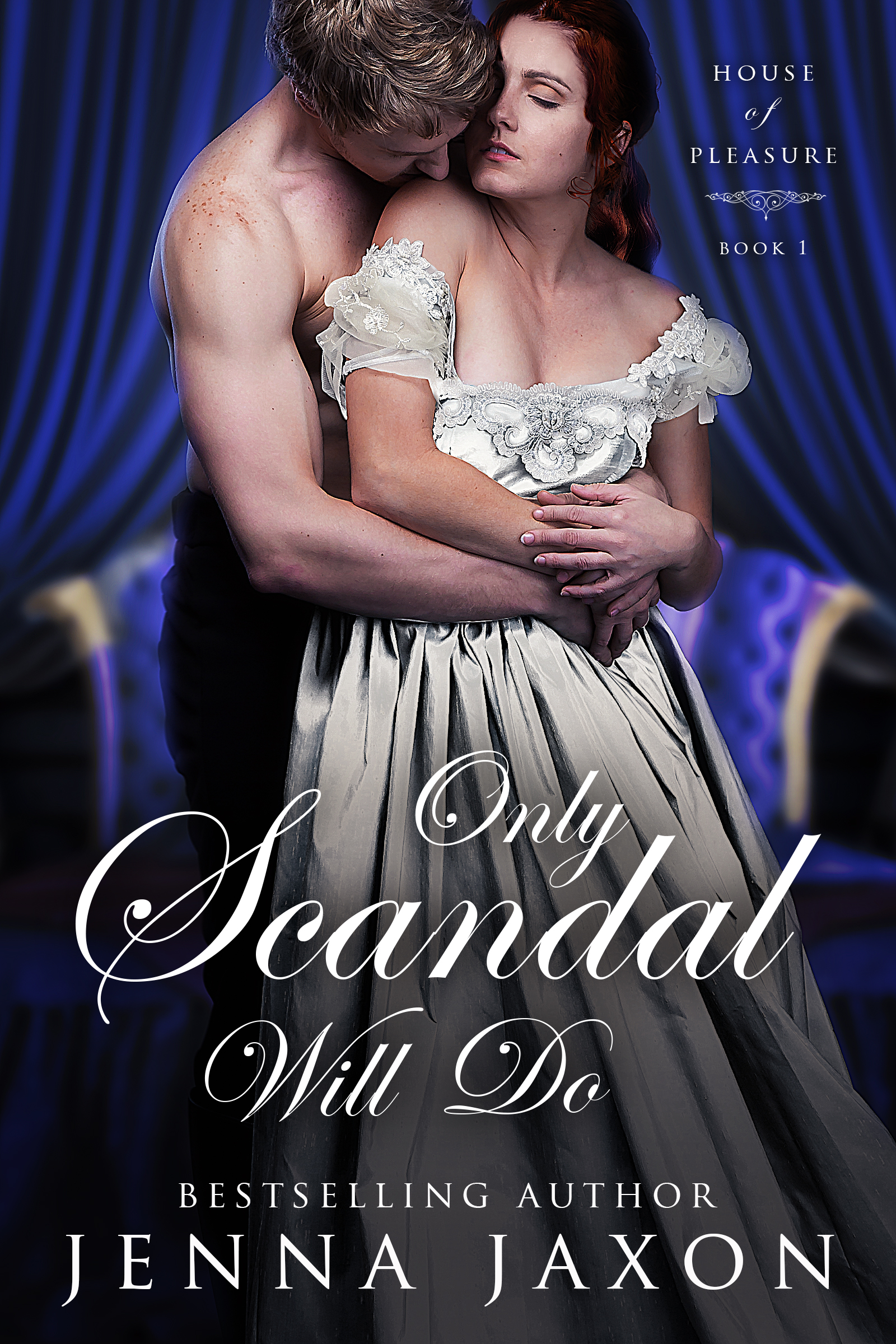
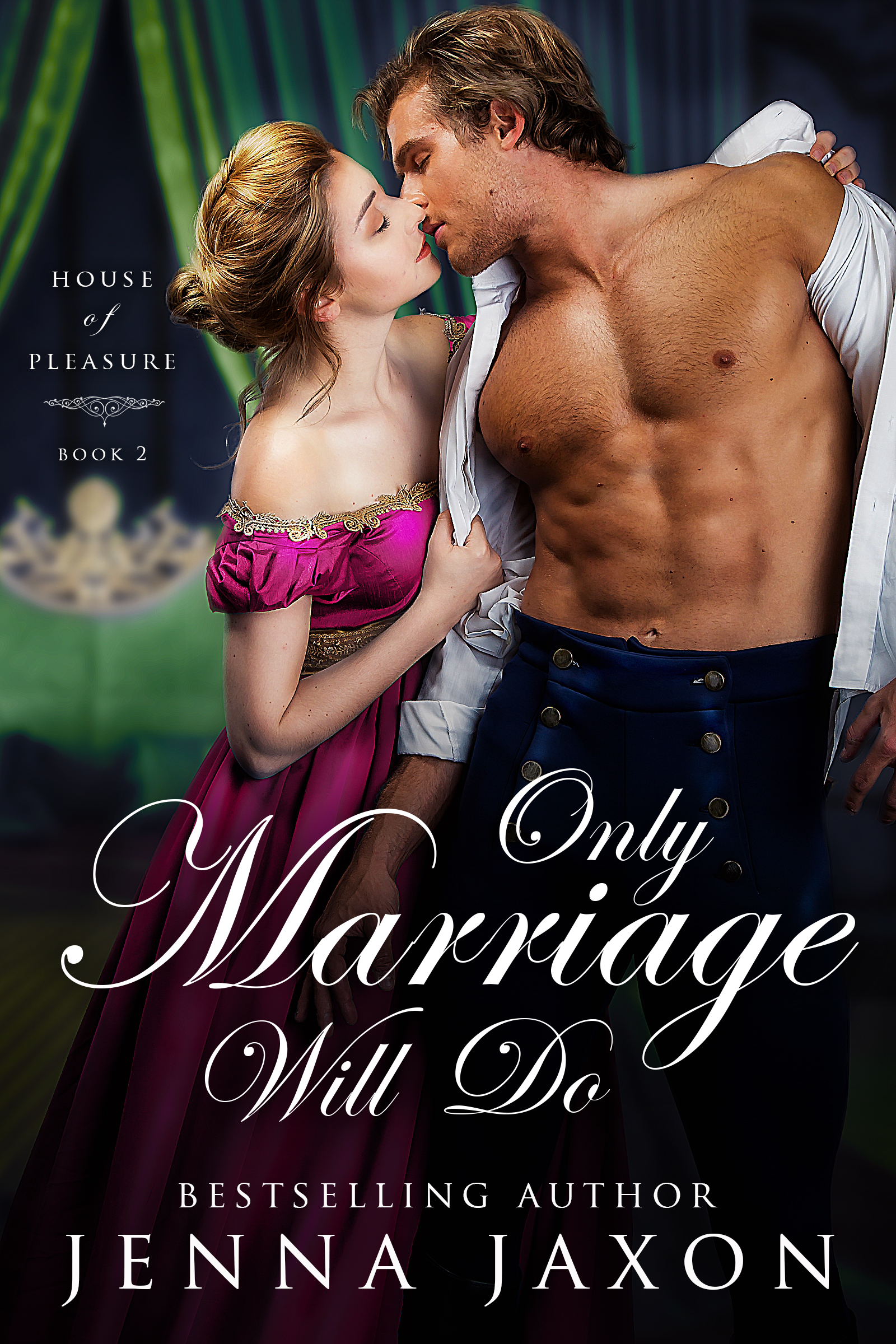
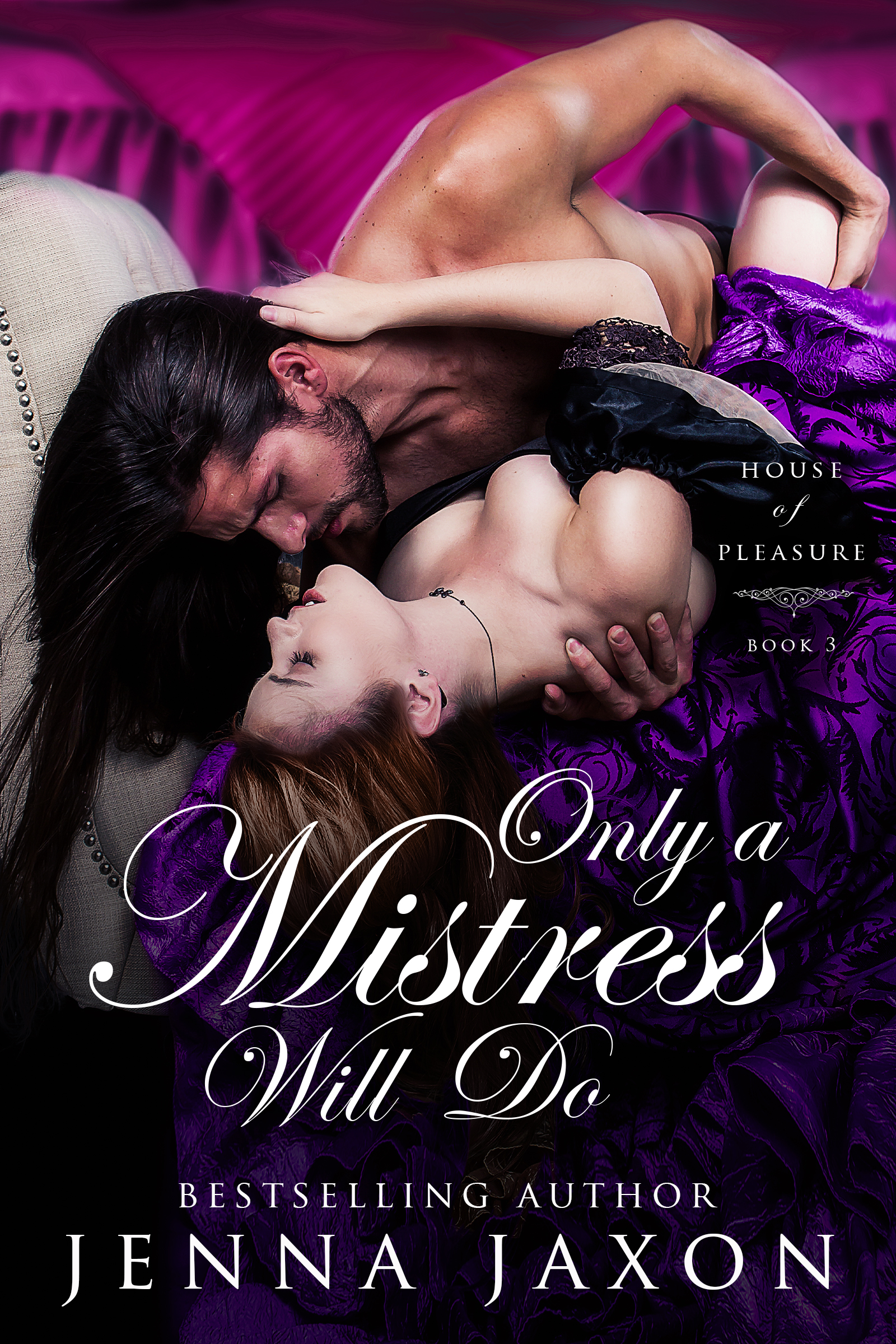
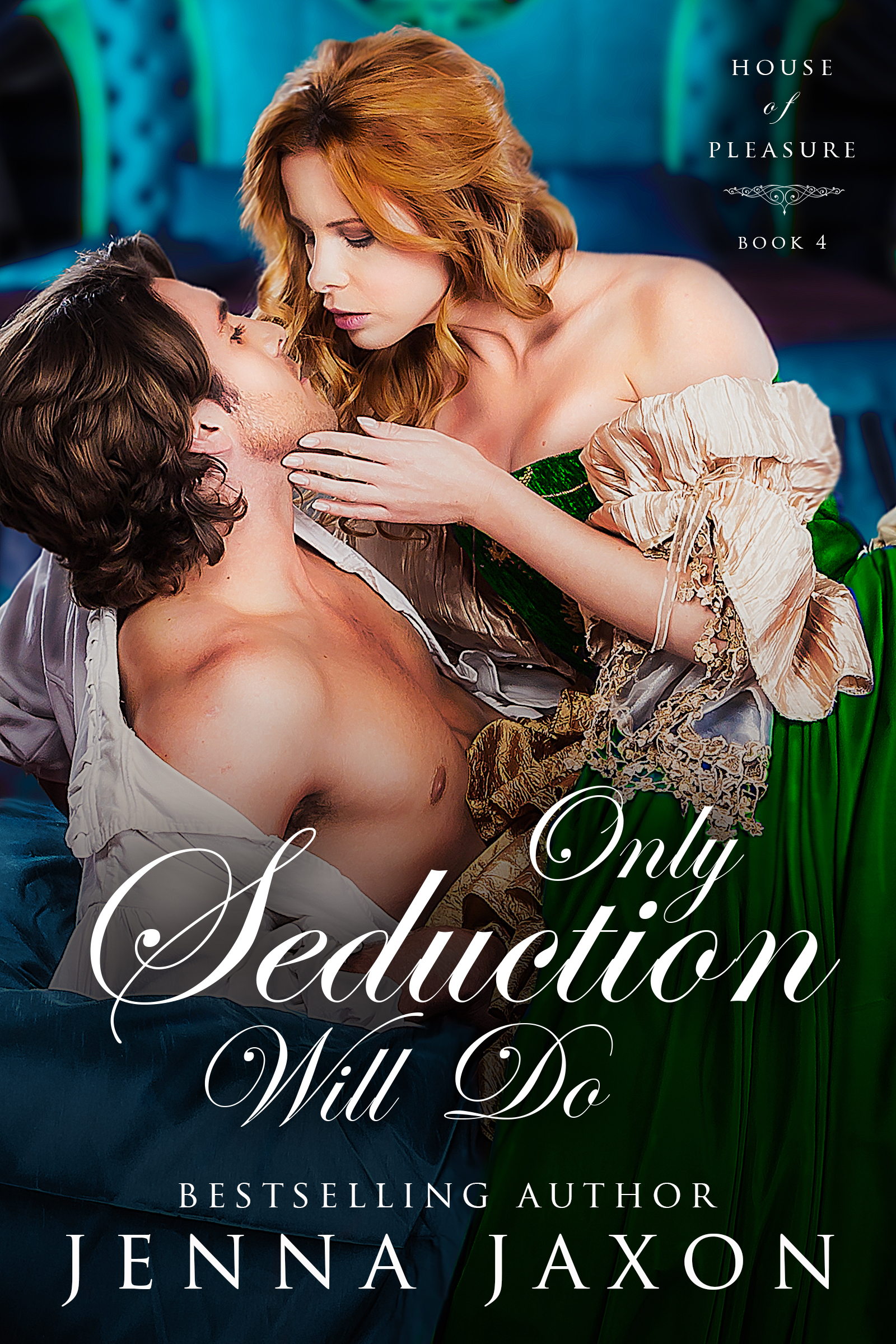
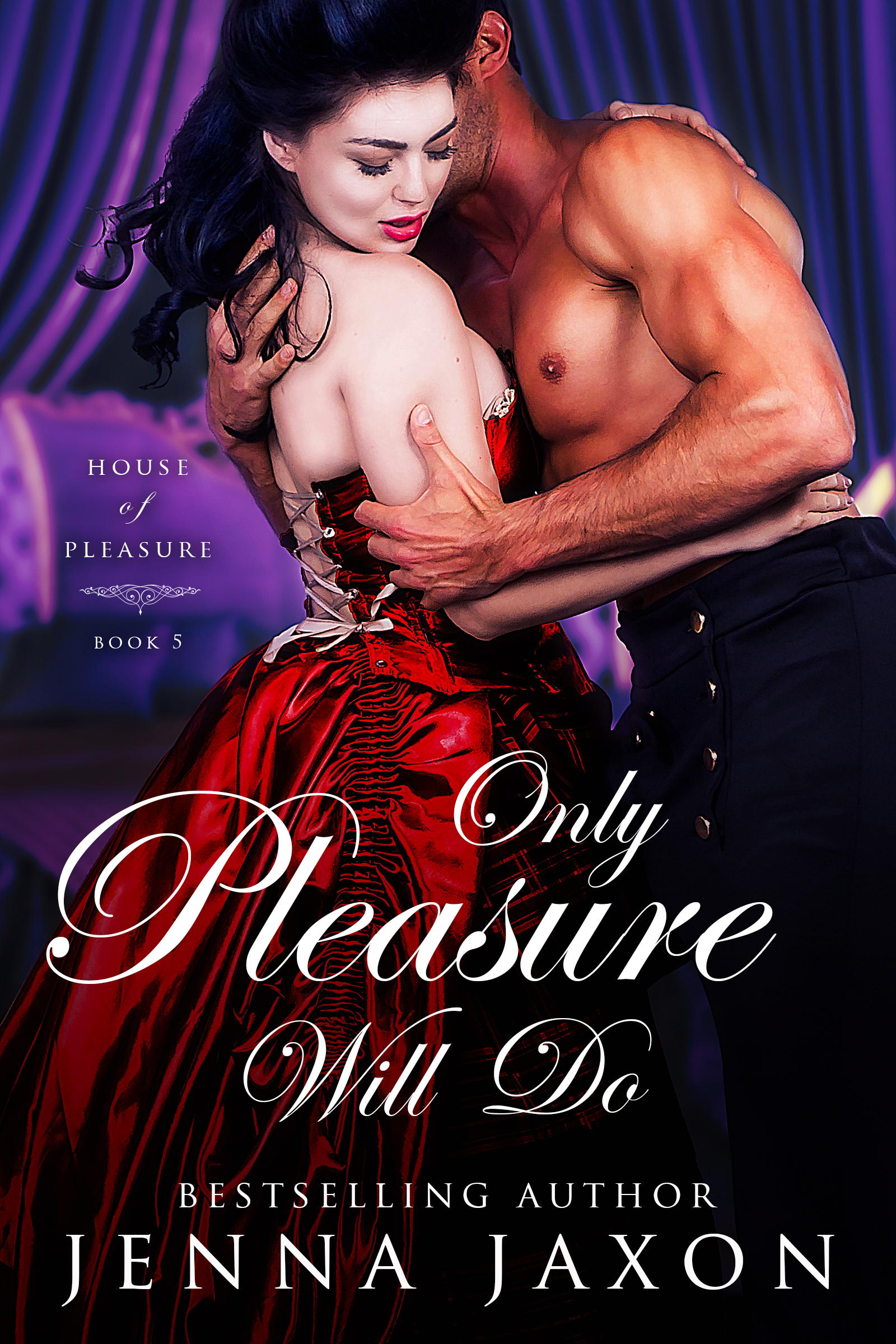
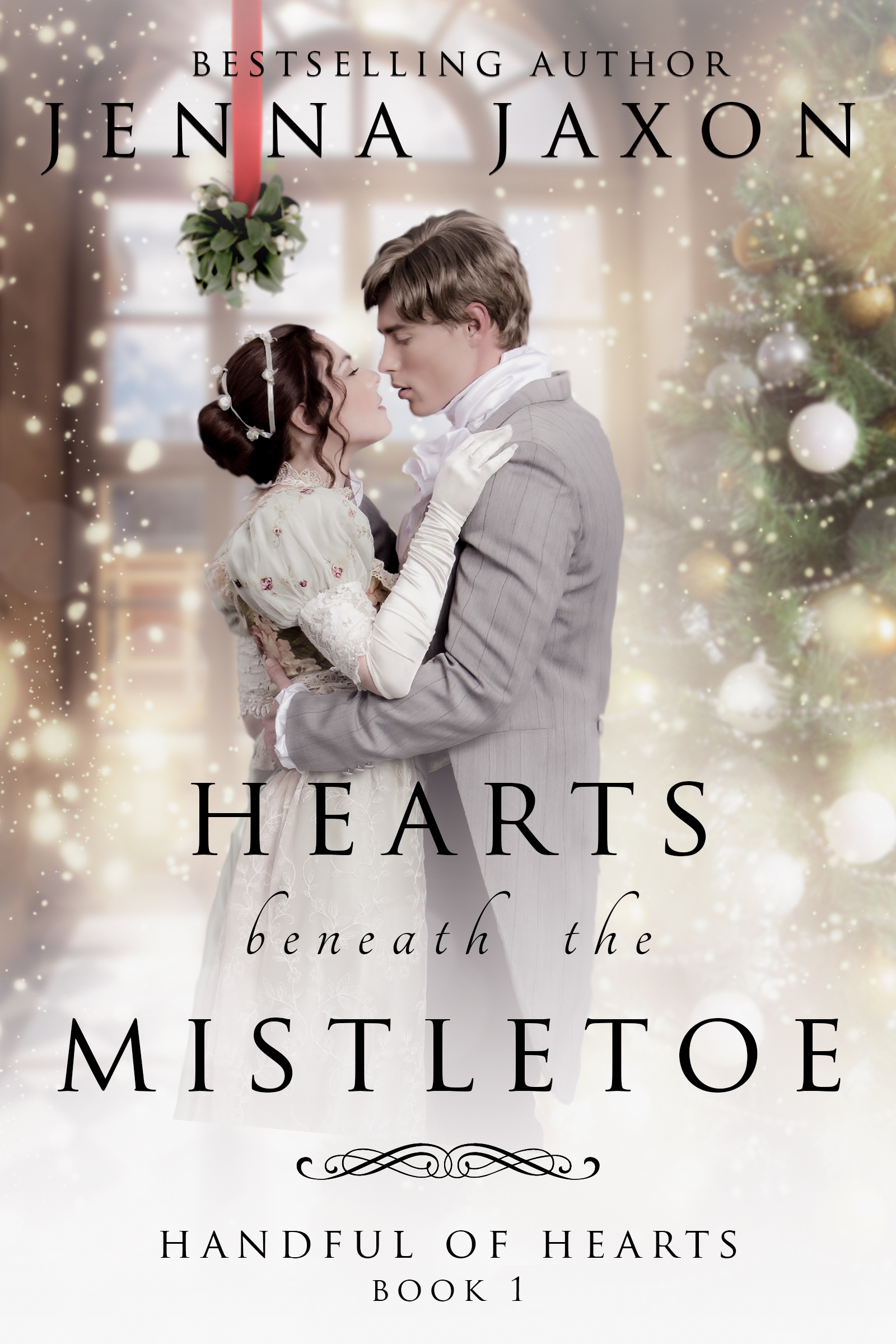
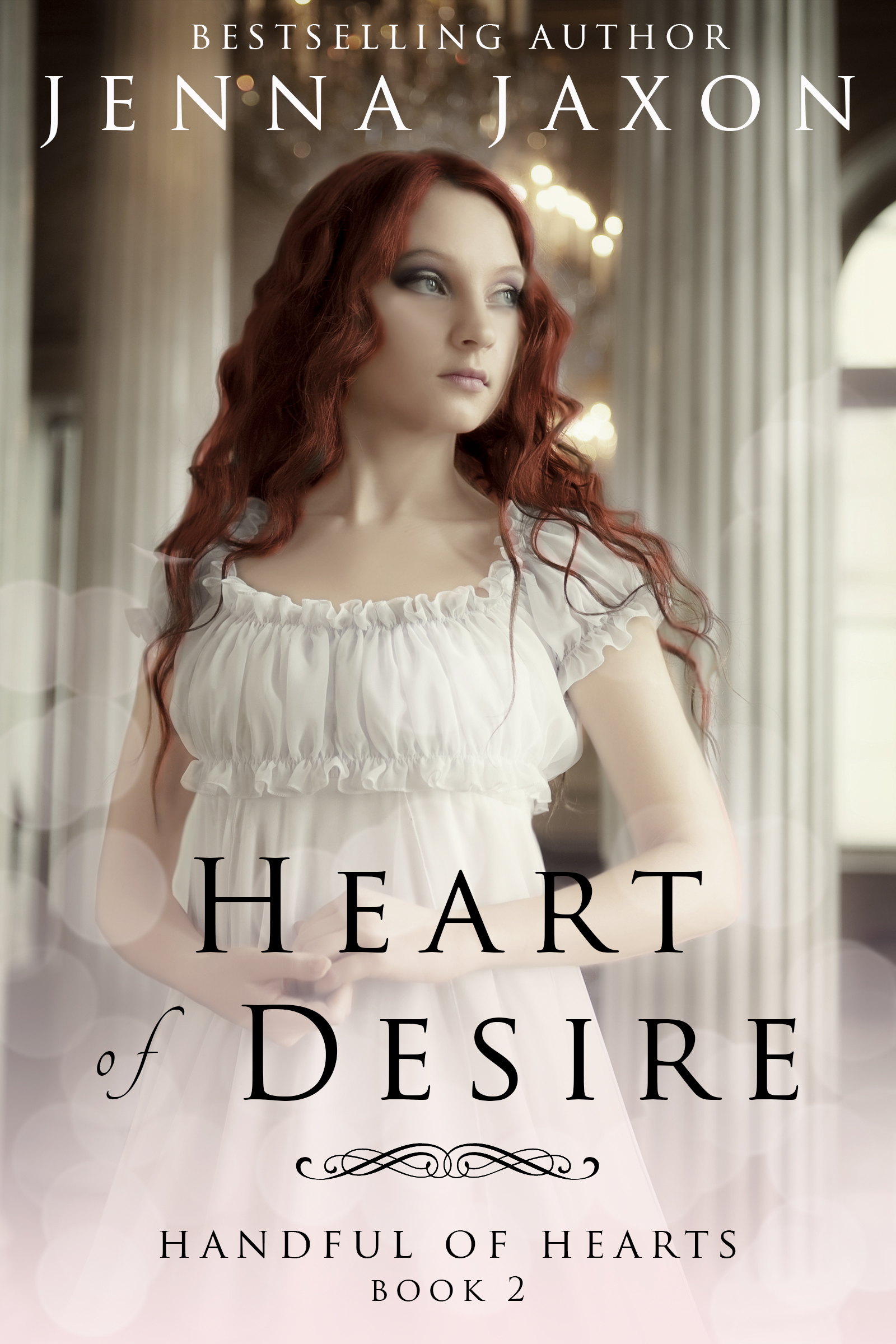
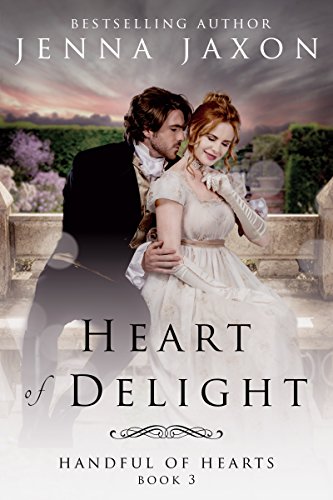
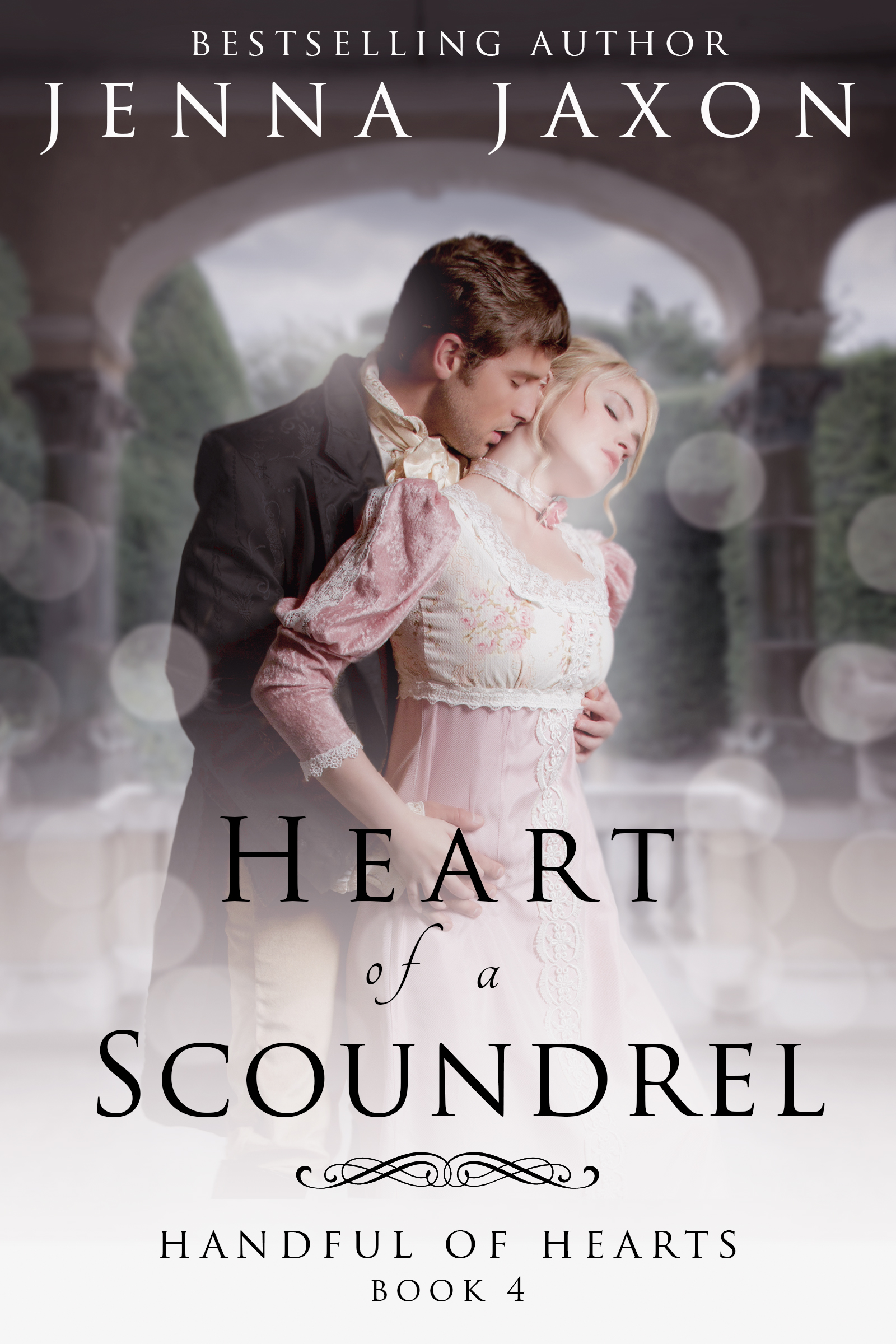
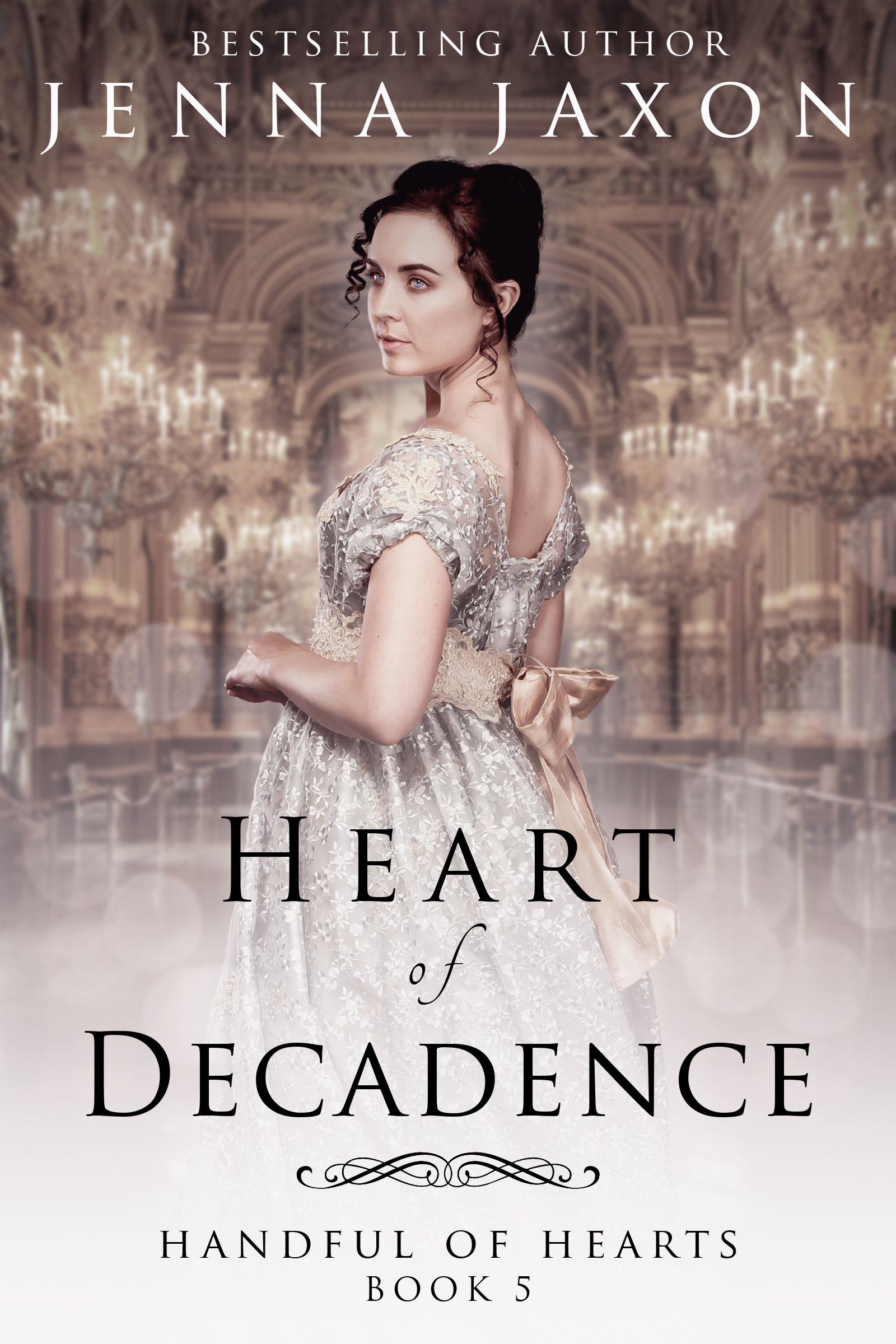
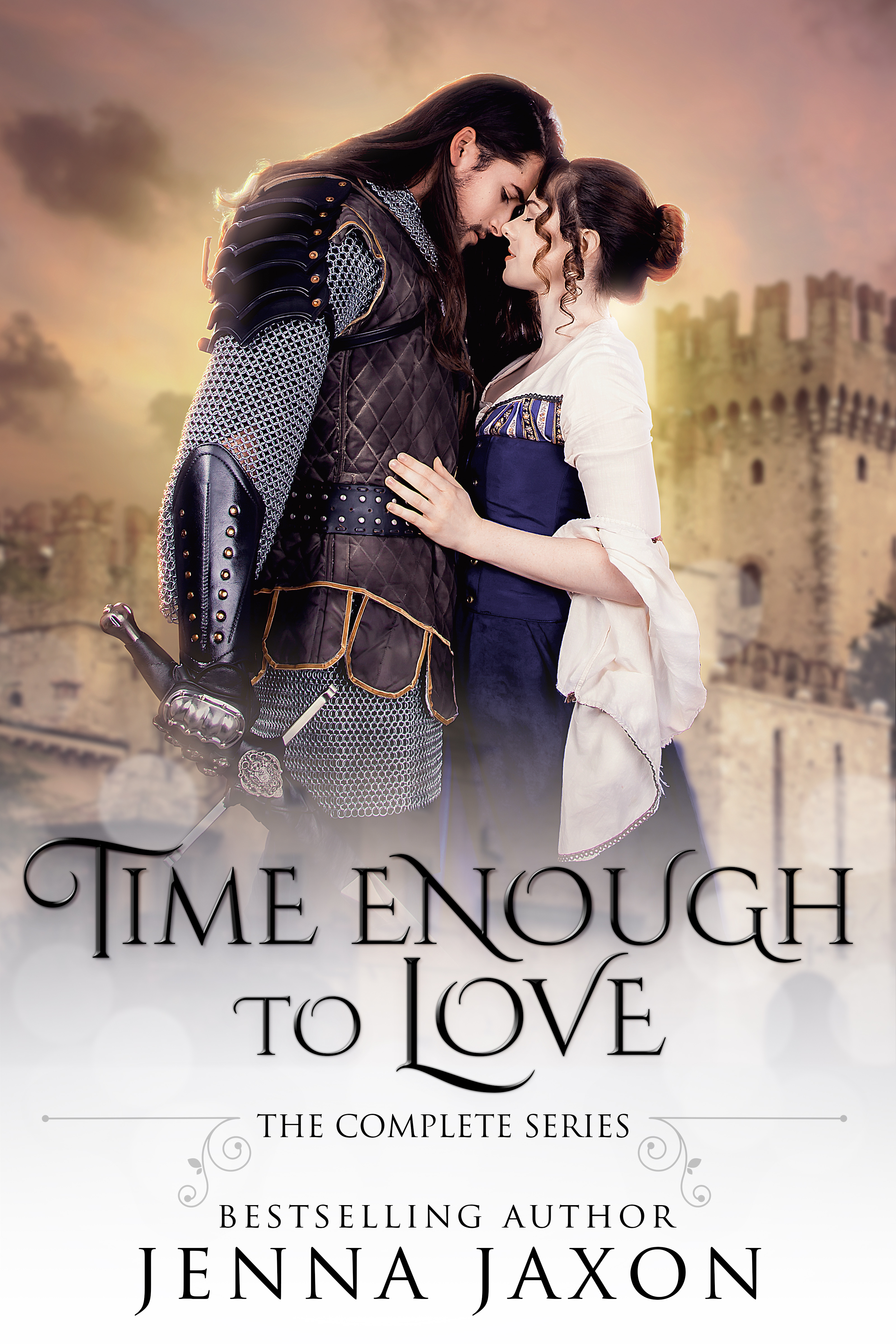
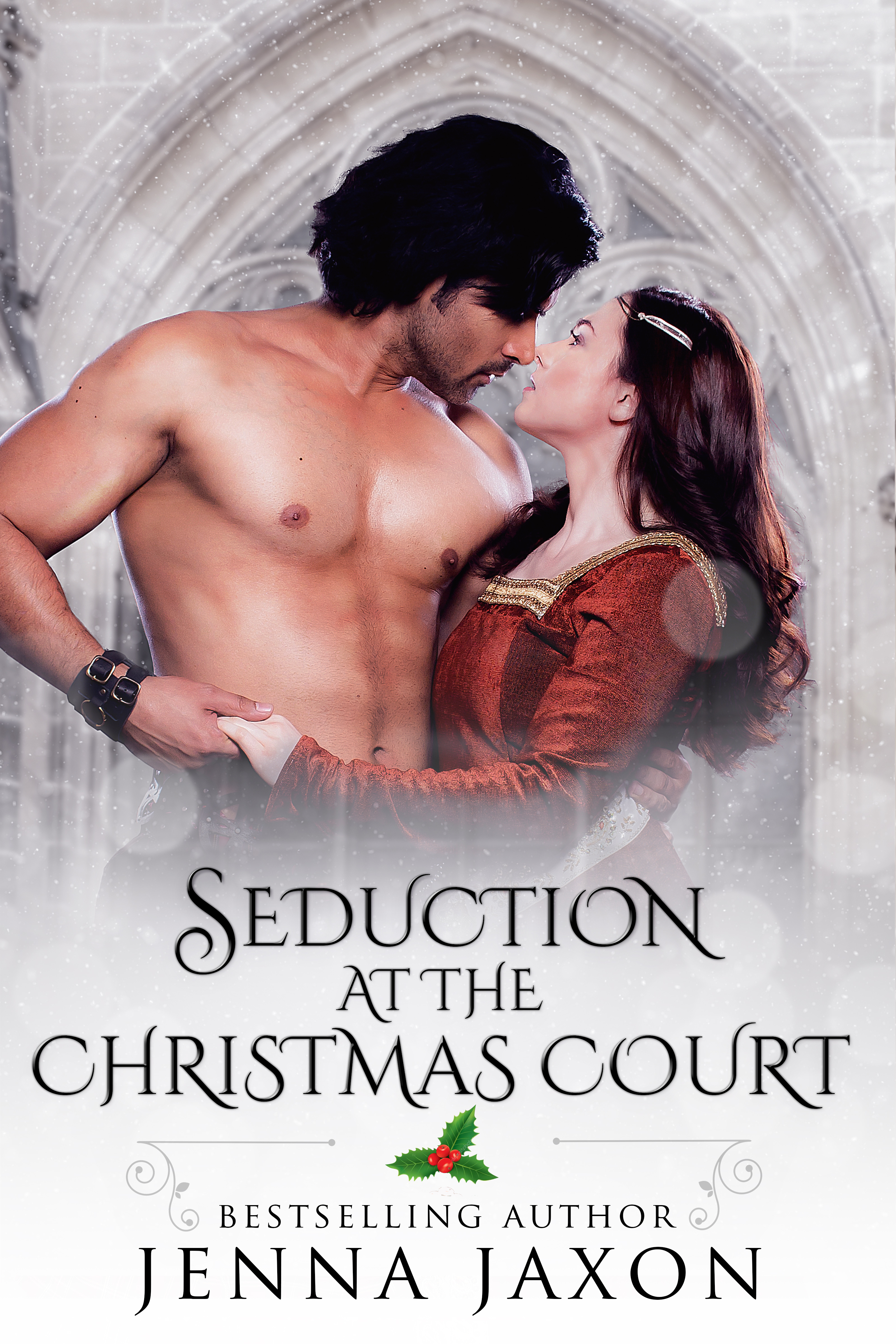


Part of the reason I love 20th century historical so much is because it gives me more leeway to depict women who went against the grain, in ways which would be realistic for their respective eras and personalities, without completely depicting them as modern women. But I love reading about female characters of earlier centuries who weren’t shrinking wallflowers either.
I get turned off when a character is TOO historically accurate, even knowing many people of that time period did talk, think, and behave like that. That was one of the reasons I hated Betty Smith’s Joy in the Morning (a sequel to A Tree Grows in Brooklyn in all but name) so much. Annie is so passive and obediently goes along with whatever her chauvinistic, red flag-dripping husband or her insensitive doctor want, always putting herself last, never advocating for herself. She’s so self-hating and bought into the idea of male superiority that she even refers to sex between a married couple as “the act of sin.”
LikeLike
Wonderful post and I loved the discussions. Women are so versatile, through time and history. Even with contemporary romances, I need to create heroines who are still believable, admirable, and relatable.
LikeLike
I think women who lived in the past were stronger than most women today. That said, we have more opportunity than they ever did. Maybe we have what we do today because of their strength. Hmm, food for thought… Great post!!!
LikeLike
Great post and wonderful comments. I enjoy reading about strong women or women who overcome something. However, I don’t think every reader will adore every character. I’ve gotten reviews on a hero of mine from: lost and depressing to dark, brooding and self-assured 🙂
Google+
LikeLike
We do have higher standards for heroines than heroes. That I agree with. But the believability standard, I take issue with…Must we write to what people ‘believed’ happened at that time, or what could & did happen? Some real women truly did extraordinary things throughout history and I prefer to use them as my control group rather than the ‘average’ woman of the historic time held by common belief. of modern readers. And who is to say this ‘belief’ is even close to being valid?
I suspect if we had a time machine and could go back to view real women of history, we would find them a diverse as we are today. There will be women who truly believes a man is master (and yes they still exists) and those who wants to be their own master, and every nuance between. I don’t think humans have fundamentally changed in a very long time. Only clothes, style of transportation, types of sport, and standards of living have altered. And while we adapt to the situation we are born into, due to our various personalities, we will all react and behave differently. Some will learn to get along, and some will break out. In Pride & Prejudice, Jane Austen provides five very different young women, who react differently to the same environment.
So yes, given the right circumstances, women can fence, shoot arrows & guns, captain a ship, head a smuggling ring or live as a man and become the finest surgeon in England (that really happened). To me, believability comes from ‘is it possible’ not ‘is it probable that 51% of females of the time did this.’ I don’t need a majority behavior. My characters like to be unique.
LikeLike
Oh, I absolutrly agree with you, Liza, that there have always been extraordinary women throughout history, And yes, I’d heard of the woman surgeon living as a man. 🙂 There have been lady pirates, women who fenced, who piloted ships. But I suspect they are the exceptions. Possible, absolutely. The majority? I doubt it.
So when I see historical after historical with these action-oriented heroines, I ponder how we can accept that as the “norm” when other historical inaccuracies would be cited as “wrong for the period.” For example, during the Regency, after dinner, the ladies withdrew to take tea and the men sat and drank and smoked cigars. Was there ever one occurence in one household where the ladies did not leave and instead sat around talking to the men and inhaling second hand smoke? It’s possible. A tyrant of a husband may have demanded that, or some other cirdumstance could have made it occur. But if you put that in a Regency, readers would say that could never have happened. Except in very peculiar circumstances that you would need to explain. Are we only writing about the exceptions?
Yes, women are a diverse lot. They have always been. But the face they showed society was usually the one society made them show or they got shunned. Certain things were expected of women of good breeding and you played by society’s rules (no matter how much you may have hated them) or you paid the price.
I just think we want to see heroines now who mirror our sensibilities, so we have to make them more bold than a lot of them were in the period. In the 1970s there were a lot of romance novels that had heroines who were raped, got pregnant, and were forced to marry their rapists because it was the “right thing to do.” Of course the heroines eventually fell in love with the rapists who were the heroes. The book that most often comes to mind is Kathleen Woodiwiss’s The Flame and the Flower. I’ve heard this book vilified now because that is no longer our sensibility of the correct response to rape.
This is such a great topic for debate! Thanks so much for commenting!
LikeLike
Great insightful post, Jenna ! And I have to agree. I read a Regency set historical, a debut, that EVERYONE was raving about when it came out. I hated both the hero and the heroine when the book started. By the end, I liked the hero well enough to tell him to RUN !!! not walk away from the heroine. She started out selfish, petulant and unforgiving and she stayed that way. He was putting all of the work into the relationship and I was thinking “Sir, NO sex is worth this much aggravation! Dump her!”
Some people think the heroine should be someone you want to be. Maybe. I think more important she should be someone you want to spend time with – “Hang out with” Do you want to be the heroine? Maybe. Do you want to be her best friend? Absolutely!
LikeLike
I’ve heard that a lot, Louisa. That the heroine should be someone you’d like as your BFF. I do feel that way about some of the heroines I’ve read. I’ve wished I could go visit or call her up and just chat, because she was so engaging. 🙂 Thanks for coming by!
LikeLike
I took notes. 🙂 My current heroine is defensive, and in some situations she comes off as obnoxious, but I’ve tried to make her a sympathetic character for readers by putting her reasons for being defensive in her “thought bubble.” There are many ways you can show that a character has a motive for her behavior. She doesn’t need to be a bluestocking in order to be someone a modern woman can relate to.
Another wonderful article by you, Jenna. I really DID take notes.
LikeLike
LOL! Thank you, Trish. 🙂 I hope I wasn’t lecturing too badly. But as I was writing the post this morning I got really interested in the nature of the heroine and how she differes from the hero in our perception of her. I guess next I should write a series on the Heroine. There’s a lot to be said for her and the difficulties she gives her authors. Thanks for the inspiration! 🙂
LikeLike
Great post! I like a strong heroine who can take care of herself, but not one that is over the top bitchy!
LikeLike
Exactly, D’Ann. I do like strong heroines, but I wish sometimes for a heroine who starts out weak and through her character arc, becomes strong by the end of the book. I do think about your character Claire in “A Real Bad Burn.”. I bet by the end of that book she’d be much different than she was at the beginning.
LikeLike
I think what a woman could do changed over time. During the Regency, for example, many women drove carriages, not coaches, but sporting carriages. Earlier, many woman wore daggers and they were made to fit in a woman’s busk. I once heard that the heroine is someone you want to be friends with; if not at the beginning of the book, then certainly by the end of it.
LikeLike
Yes, women’s roles and what society accepted changed over time. But I think it was from age to age. I know there was acceptable behaviors in the early 18th century that would not have been tolerated in later periods that got stricter as to behavior and morals. And yes, heroines should be friend material. I love Scarlett O’Hara as a strong heroine, however, I don’t think I’d like to be her friend. She’d probably run right over top of me if it was to her advantage. LOL
LikeLike
She is the reason I never liked that movie.
LikeLike
Women have always been amazing people and done/learned/become/provided what they needed, what their families needed. But women who did things not seen as ladylike, or who did things society discouraged from women, like use their brain or do grueling physical work weren’t talked about, weren’t seen in a positive light, and were definitely not held up as role models.There were more of them than we’ve been *allowed* to believe. Poor women, especially. When their man fell ill, died or left, they didn’t let the children and cattle starve and the fields wither.
LikeLike
Absolutely women in the lower classes were forced to be more resilliant and to do things women in the higher classes weren’t allowed to do, such as work, to survive. And women often had to disguise their intelligence because it was unattractive to a lot of men, even though they expected their wives to be able to manage households and accounts. A strange paradox to be sure.
LikeLike
Great, in-depth post. Heroines are a tricky character to write 😀
LikeLike
They are indeed, Harliqueen! I find it much easier to write heroes. I have a tendency to write unlikable heroines in the rough draft. LOL Makes for some hellacious re-writes! 🙂
LikeLike